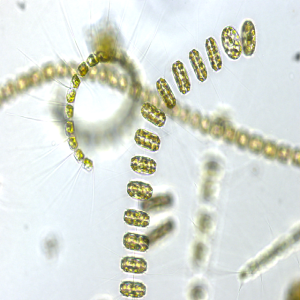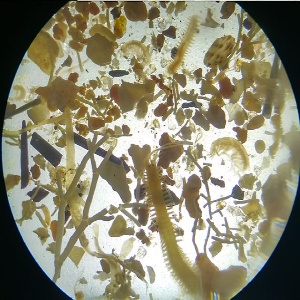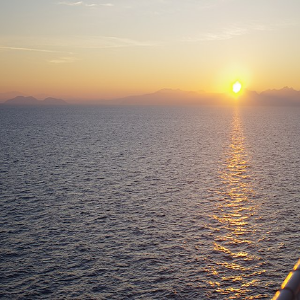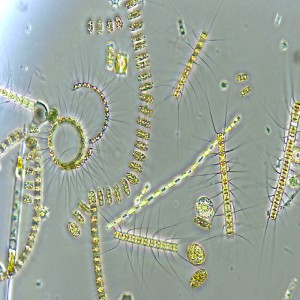Marine Sciences: from natural history to ecology and back, on Darwin's shoulders
Submitted: 5 June 2015
Accepted: 5 June 2015
Published: 1 December 2010
Accepted: 5 June 2015
Abstract Views: 2080
HTML: 298
Publisher's note
All claims expressed in this article are solely those of the authors and do not necessarily represent those of their affiliated organizations, or those of the publisher, the editors and the reviewers. Any product that may be evaluated in this article or claim that may be made by its manufacturer is not guaranteed or endorsed by the publisher.
All claims expressed in this article are solely those of the authors and do not necessarily represent those of their affiliated organizations, or those of the publisher, the editors and the reviewers. Any product that may be evaluated in this article or claim that may be made by its manufacturer is not guaranteed or endorsed by the publisher.
Boero, F. (2010). Marine Sciences: from natural history to ecology and back, on Darwin’s shoulders. Advances in Oceanography and Limnology, 1(2), 219–233. https://doi.org/10.4081/aiol.2010.5309
PAGEPress has chosen to apply the Creative Commons Attribution NonCommercial 4.0 International License (CC BY-NC 4.0) to all manuscripts to be published.



 https://doi.org/10.4081/aiol.2010.5309
https://doi.org/10.4081/aiol.2010.5309







